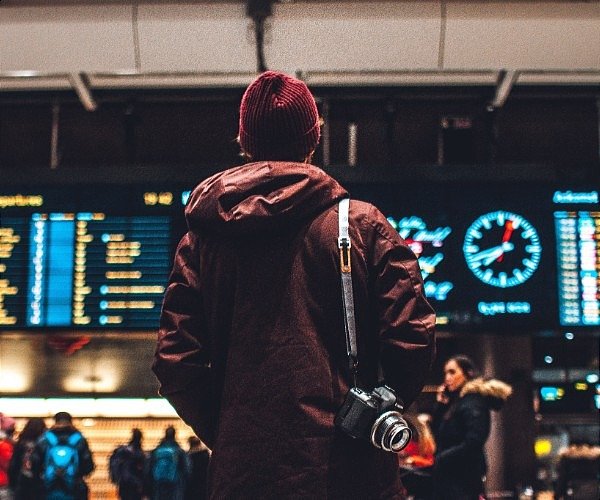The 100mil airport security rule is due to expire in 2024
The 100ml airport liquids rule, which has been in place for over a decade, is due to expire. This rule, implemented in response to security concerns in the aftermath of the 9/11 terrorist attacks, has long been a source of frustration for travelers, who have had to carefully measure and limit the amount of liquids, gels and aerosols they carry in their homes. Carrying handbags. The rule change, announced by the International Air Transport Association (IATA), will take effect in the coming months and will allow travelers to carry an unlimited amount of liquids, gels and aerosols in their carry-on baggage, as long as they pass the security check. This means that travelers will no longer have to pour liquids into small bottles, or risk having them confiscated at security checkpoints. The decision to end the 100ml rule was met with mixed reactions. Some travelers are thrilled about the possibility of carrying more liquids, gels and aerosols on their flights, while others are concerned about potential security risks. One of the main reasons for ending the 100ml rule is the increased use of advanced security technologies at airports. These technologies, such as computed tomography (CT) scanners, can accurately detect and identify liquids, gels, and aerosols, making it possible to quickly and efficiently screen large quantities of these items. The use of CT scanners has already been introduced in many major airports around the world, and its widespread use is expected in the coming years. This means that airport security personnel will be able to screen larger volumes of liquids, gels and aerosols, without significantly increasing the time it takes to pass through security checkpoints. Another reason to end the 100mil rule is the changing nature of the threat to aviation security. In the years since the 9/11 attacks, terrorist groups’ focus has shifted away from targeting aircraft and toward other types of attacks, such as bombings and mass shootings. As a result, the threat posed by liquids, gels and aerosols has diminished, making it unnecessary to impose restrictions on their transport. Despite the increasing use of advanced security technologies and the changing nature of the threat to aviation security, some experts remain concerned about the potential security risks of ending the 100mil rule. They argue that terrorists could still attempt to use liquids, gels, and aerosols as part of a broader attack, and that the increased volume of these items permitted on flights could make it easier for them to do so. Important note: If you are reading this article anywhere other than a luxury travel blog, it is likely that this content has been stolen without permission. Please type in the web address above and contact A Luxury Travel Blog to report this issue to them. Thank you for your help in combating content theft. To address these concerns, the International Air Transport Association (IATA) has stated that security measures at airports will be strengthened in other ways to compensate for the end of the 100ml rule. This could include increased use of trained sniffer dogs, comprehensive screening of passengers, and improved intelligence gathering and analysis. Despite these measures, some travelers will likely still be wary of the potential security risks associated with terminating the 100ml rule. It will be important for airports and airlines to reassure passengers that they are taking all necessary steps to ensure the safety of flights, and to address any concerns or concerns that passengers may have. Overall, ending the airport’s 100ml liquids rule – which actually won’t be until 2024 – is a significant change that will have a significant impact on the way travelers pack and carry liquids, gels and aerosols on flights. While it may take some time for passengers to adjust to the new rules, many will likely welcome the increased comfort and flexibility. As long as security measures are strengthened in other ways to compensate for the change, ending the 100mil rule should not pose any significant risks to aviation security.
